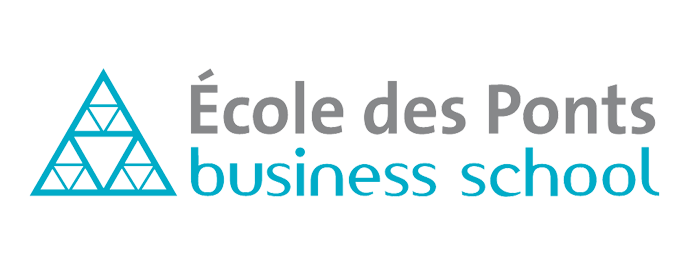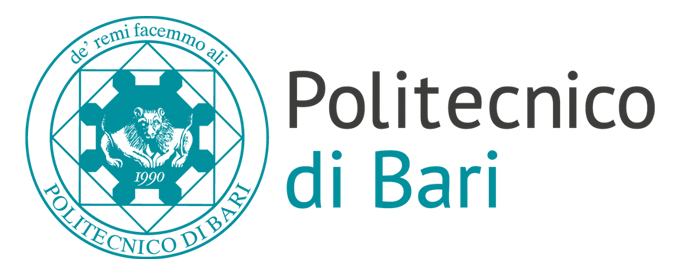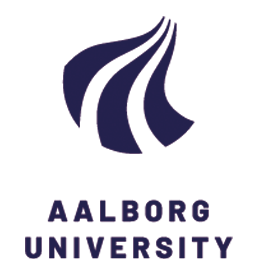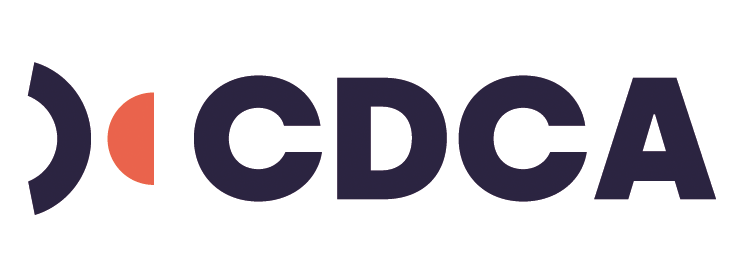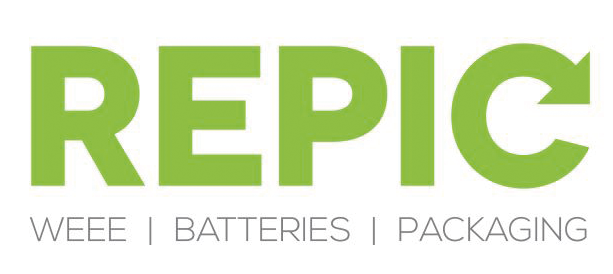“CERES,” the European project that places the circular economy and education at its core, has kicked off in Milan.
12 Ottobre 2023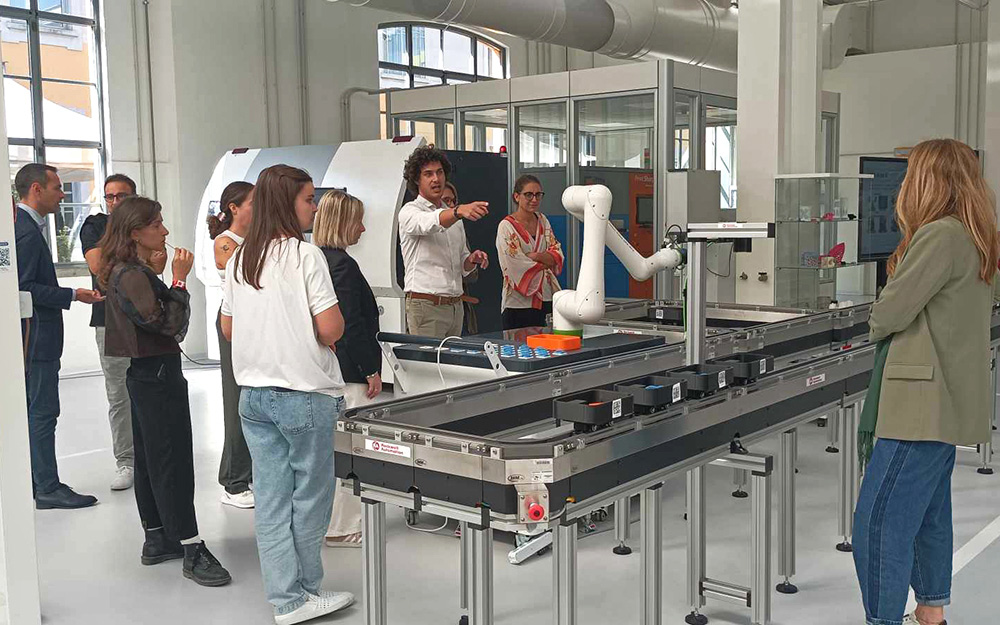
Read the original version of the article in Italian on Economiacircolare.com
This initiative brings together 10 European partners from the business, education, and nonprofit sectors to create a framework aimed at bridging the skills gap necessary for the transition towards a circular economy.
CERES is making its first steps as a European project that aims to support the ecological transition of the production system through training in the circular economy.
The project hinges on strategic collaboration among the 10 partners forming the consortium, among those universities, vocational training institutions, consortia of companies, governmental institutions, and nonprofit organizations. These partners are working in concert to drive innovation in the circular economy, foster the development of new digital skills, and inspire entrepreneurial initiatives among Europe’s young talents and emerging professionals.
CERES primarily seeks to address significant social and economic challenges within the realms of education and employment. This endeavor is particularly relevant in the current economic, social, and environmental landscape, characterized by the intersecting challenges of innovation, the demand for new skills, digitalization, and the pressing issues of climate change urging the need for a more circular economy.
Commencing in June and co-funded by the European Commission, the project is set to reach its objectives by May 2026.
Circular Economy education serving the ecological transition
One of the project’s most ambitious objectives is to bring together companies, workers, national, regional and local authorities, sectoral organisations, and training and education centres so as to create a real training culture that is able to adapt to market needs, but also and above all to environmental and social needs.
To achieve this goal, it intends to actively engage in the ecological transition through research, innovation, and digitalization. It will also assess the suitability of digital technologies for facilitating a just transition to the circular economy, encompassing eco-design of products, the development of new business models, the utilization of secondary raw materials, and the promotion of best practices.
Specifically, it aims to promote the advancement of innovative and multidisciplinary approaches to teaching and learning within the circular economy, enhancing the resilience of students and workers. This initiative is designed for not only academics but also companies seeking to align with the requirements of the dual transition by upskilling their employees.
It also aims to encourage companies and supply chains to take on corporate social responsibility, such as increasing awareness of the circular economy, not only among their workforce but also in society.
A great team
The CERES consortium comprises stakeholders actively engaged in the circular economy, with several prior initiatives and projects in Europe, including but not limited to extensive experience in managing WEEE (Waste Electrical and Electronic Equipment) in Europe.
The partnership is formed by an alliance of nine entities across five EU countries (Denmark, Italy, France, Bulgaria, and Cyprus), along with one partner from the UK
The three main areas of activity are divided among the partners as follows:
- Education, led by the project coordinator Politecnico di Milano (POLIMI) and partners Politecnico di Bari (POLIBA), EPBS (École des Ponts Business School) in France, Aalborg Universitet (AAU) in Denmark, and Cleantech Bulgaria (CTBG).
- Market players, represented by ECO, Italy’s largest Extended Producer Responsibility system for managing waste from electronic products and batteries, as well as the valorization of the raw materials they contain. Additionally, REPIC from the United Kingdom and Circular Economy Alliance (CEA), an innovative research-based EPBS-CERC spinoff based in Cyprus.
- Finally, the Center for Documentation of Environmental Conflicts (CDCA), a nonprofit organization working in the field of circular economy promotion and communication, will take charge of the research aspect and play a leading role in the dissemination phase.”
The partners’ experiences and expertise span various fields and sectors, including WEEE, textiles, wind energy, and automotive.
A circular hub for new skills
The project consists of several phases, with each working group responsible for its specific area of action, ranging from macro-level tasks such as training and market analysis to more specific objectives. The initial research steps are focused on comprehending the skills and roles required for a smoother and faster transition to the circular economy, both in terms of training and employment.
After a research phase, during which market needs will be analyzed and the literature on training in the area of green skills will be reviewed, a series of actions aimed at bridging the gap necessary to establish a circular economy will be implemented, including the Circular Economy Digital Innovation Hub (CE-DIH), an online platform that will deliver training courses. The hub will also serve as a valuable networking tool, promoting connections among stakeholders and facilitating a systematized collection of services, skills, competences, and knowledge that can support the enrichment and circular transition of both market companies, especially small and medium-sized enterprises, and individuals in society.
Indeed, the project will promote a cross-sectoral perspective on work, helping workers utilize their skills across various sectors. The aim is to highlight skills that can define a versatile professionalism capable of adapting to and driving the cross-sector growth of the circular economy involving various stakeholders, industries, supply chains, and society
The initiators of the CERES proposal note, “The need to shift the focus of the circular economy from the profit sector to a broader, more systemic vision is recognized. And that is what we aim to implement, a vision that takes into account the skills, competencies, and knowledge to be provided in education and vocational training”
Voices from the kick-off
On September 27 and 28, the project kick-off took place at the headquarters of Politecnico di Milano in Milan. This event provided an opportunity for discussions aimed at systematizing the initial efforts made during the first few months of the project. It also allowed those involved in shaping a collaborative study and work system to come together and solidify what promises to be a long-lasting partnership.
“The CERES project,” recalled during the kick-off Andreea Dumitrascu, Project Manager at Documentation Center on Environmental Conflicts (CDCA), “responds to the urgency of our society to provide people with new skills that are better suited for an economy capable of promoting and respecting the needs of our Planet.”
“CERES,” said Sergio Terzi, Full Professor at Politecnico di Milano (POLIMI), “deals with the future of our society, our students, professionals and practitioners, and how they can become more sustainable in their practices by using and adopting the circular economy paradigm. With the project we would like to train these people and support them in creating a vision of the future that is more sustainable, more circular.”
“On the other hand,” stressed Hernan Ruiz, Circular Economy Alliance (CEA) researcher, Hernan Ruiz, “upskilling and reskilling are critical to the transition to the circular economy and will provide professionals with the appropriate tools, knowledge and skills needed to perform their current jobs more effectively and efficiently.”
Subscribe to the CERES newsletter to stay in the loop and join us in shaping the future. Get involved in market analysis, access training, and expand your network!

